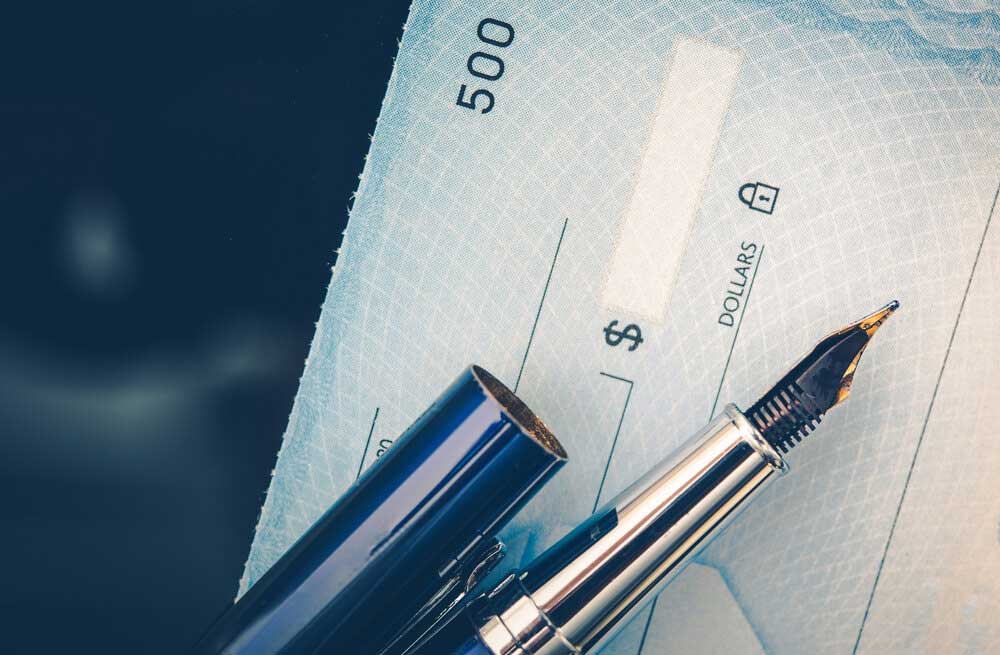Checks, as a universal form of payment, have been witnessing a vast decline within these last two decades. The introduction to automation services, such as ACH (Automated Clearing House) and Wire Transferring, has led global businesses to reduce check-cutting costs and turn to some more convenient and, importantly, much cheaper options. That said, what is the cost of issuing a check?
The Logistics of Issuing Checks
Even though the check popularity has decreased by a whopping 50% since 2000, as WSJ reports, half of the business’ bills are still paid via this method. At least if we account the businesses with over $1B in annual revenues, that is.
Small businesses, on the other hand, cling to paying up to 75% of their bills by checks. Some experts believe that, due to costs and inefficiency, checks will die out by 2026; others believe that they are going nowhere for at least more than a decade.
Issuing paper checks in the U.S. ranges from $1 to $26. The high costs result in about 80% of businesses turning their backs on check payments and towards ACH. Bank of America estimates a business check to be usually between $4 and $20, at a lower average of about $6. The costs, of course, differ vastly due to the number of checks, the amount of labor, supply expenses, and so on. Incepting services tend to cost between $0.80 and $2.1 on a regular payroll, Entrepreneur says. Payrolls that are not as frequent will likely cost more.
The True Costs of a Paper Check
This money-extending method has been around since 1865, and, within the last half a century, the use slowly started to diminish with newer and cheaper methods that came along. Costs haven’t changed much, though, and they need to be inspected as if they are made of several layers.
- The first and most obvious layer is the money itself. NACHA (The Electronic Payments Association) believes that an average cost to process a check is $1.22, in terms of manpower and other costs. Similarly, the Wall Street Journal reports that a business can easily spend up to $25k on materials, manpower, postage, and bank fees.
- Time gets wasted in large amounts by check cashing, mailing, driving to the bank, verifying deposits, and so on. Nobody wants that, and this is possibly the biggest reason for check use denial.
- The environment is something not many think about, unfortunately. The check production includes cutting trees, distributing water and gas, expelling GHG. To make this even worse, checks are destroyed within 90 days of their cashing, which induces more waste.
The Commodity of Paying With Checks
There are several reasons that explain the fact that many businesses in the U.S. still use paper-based payments. It is known that most businesses that accept e-payments will accept checks as well, to begin with. Reverse, however, is not necessarily true.
Checks are universally known; all businesses know how they work. Another reason is that many businesses prefer the delays that come with processing, due to some extra few liquidity days. Finally, some businesses do not think they are as established as some larger companies to use another convenience.
Overall, checks are somewhat of a costly commodity. There are plenty of other options for moving money, however, even though checks might be costly, they are a classic, trusted way of moving funds. Whether you prefer sending checks or sending ACH payments, we encourage you to read along and get familiar with the high-end money-moving services we provide.






